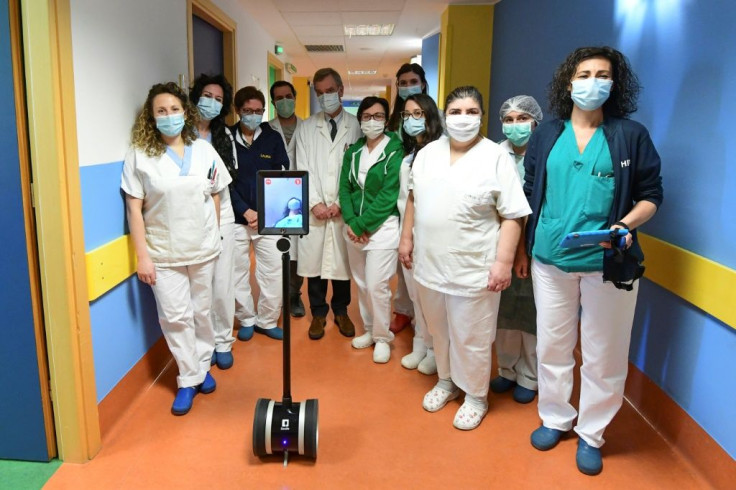COVID-19 Update: Researchers Find Weakness In The Coronavirus That Can Be Targeted

KEY POINTS
- Scientists from Scripps Research Institute found a possible weakness of the COVID-19 coronavirus
- An antibody obtained from a SARS-recovered patient can prove to be a possible weakness for COVID-19
- Coronavirus has killed more than 64,000 people across the globe
Researchers may have found a specific area of the coronavirus that can be targeted with therapies and drugs. This finding is also likely to help in the development of a COVID-19 coronavirus vaccine, Scripps Research reported on Friday.
A study published by Scripps Research Institute in Science shows the interaction of the human body with the new coronavirus at “near-atomic-scale resolution.” The study notes that the antibody was developed against Severe Acute Respiratory Syndrome (SARS), but it cross-reacts with SARS-CoV-2.
SARS-CoV-2 is closely related to the new coronavirus that causes highly infectious COVID-19. Biologist Ian Wilson, who is the senior author of this study, said that his team might have spotted a “possible Achilles heel” in COVID-19 coronavirus, according to San Diego Tribune. The antibody taken from a patient of the SARS epidemic has revealed a possible weakness of the new coronavirus.
“Our ultimate goal here is to obtain structural information on antibodies and their binding sites, and use that to guide SARS-CoV-2 vaccine design, just as our lab has done with influenza and HIV,” Nicholas Wu, first co-author of the study and a post-doctoral research associate in the Wilson lab, said.
The new study at Scripps Research Institute revolves around CR3022, which is an anti-SARS-CoV antibody. This antibody was first isolated in 2006 by Crucell Holland B.V., a pharmaceutical company in the Netherlands. Meanwhile, Chinese scientists found out that SARS-CoV-2 and CR3022 cross-react.
The crucial finding is that the binding site of the antibody is similar between CR3022 and SARS-CoV-2. According to the study, a high degree of similarity suggests that it plays an important role that would be lost if it is “mutated significantly.”
“We found that this region is usually hidden inside the virus, and only exposed when that part of the virus changes its structure, as it would in natural infection,” Meng Yuan, a research associate in the Wilson lab and co-first author of the study, said.
The institute is actively seeking COVID-19 survivors who are ready to donate their blood, which can be used for antibody screenings.
According to John Hopkins University, more than 64,000 people have died due to coronavirus across the world. As of April 5, 12 a.m., the number of confirmed COVID-19 cases has surpassed 1.2 million.
© Copyright IBTimes 2024. All rights reserved.





















